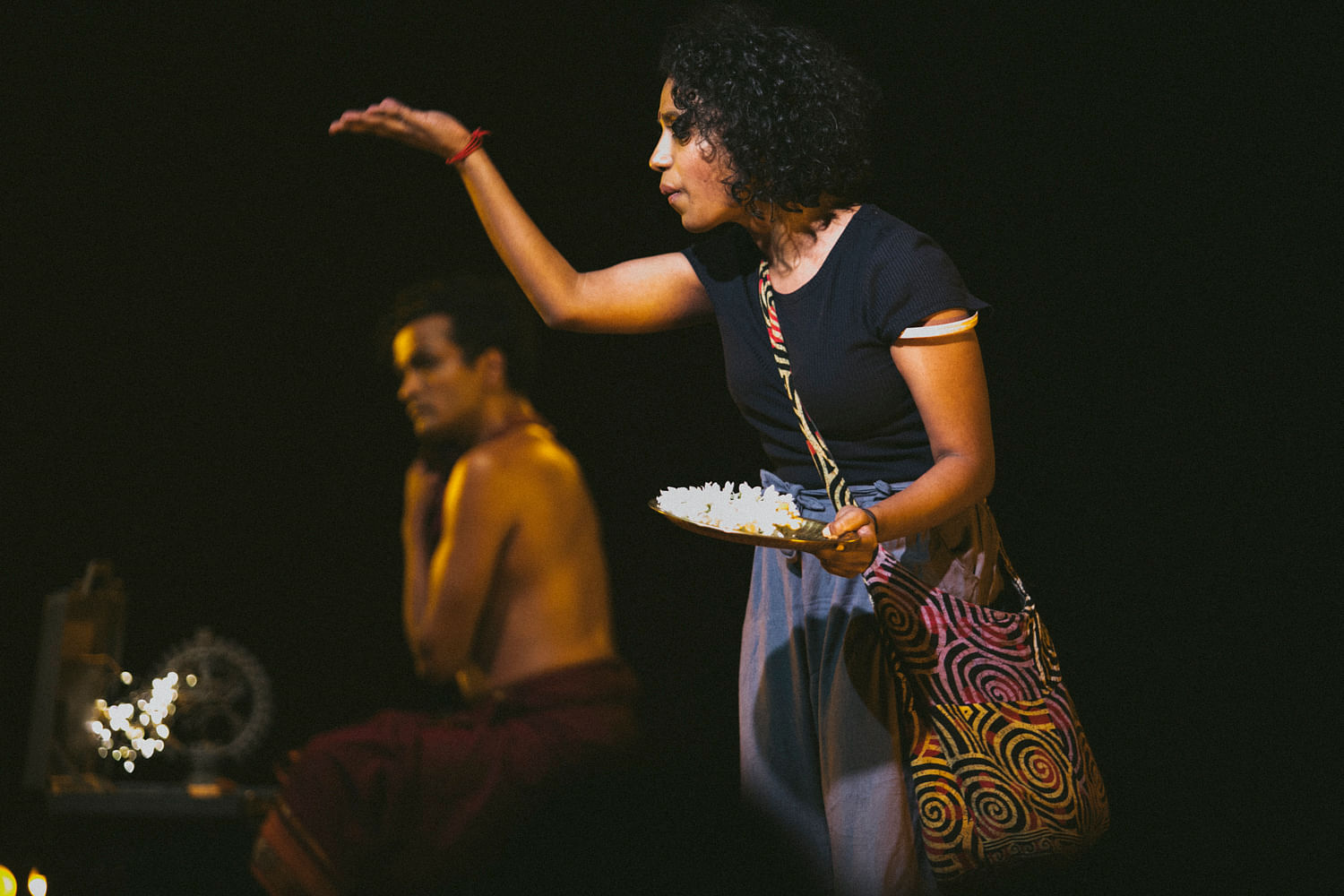
Last week, a play titled Shiva, scheduled at Jagriti theatre, was stopped by a group that said it hurt religious sentiments. The play which is written, directed and acted by Dayasindhu Sakrepatna, revolves around the LGBTQI community.
“I wrote it in 2017 based on my own personal struggles. The play consists of four stories where the protagonist is named Shiva. The activists seem to have taken offence to the play being named after a Hindu god,” says Dayasindhu.
Shiva explores alternative sexual identities. “I am looking forward to an interaction with officials to understand how I can get the play back on stage,” he told Metrolife. This incident comes just a month after the Supreme Court decriminalised the gay law.
We will stage the play very soon: Arundhati Raja, Artistic director, Jagriti
“The theatre community from across cities has been supportive. Many in the city are shocked that such an incident happened in Bengaluru. This has happened earlier with us. We were staging a play called ‘Ali J’ by Evam, a group from Chennai, and it was cancelled on the day of the show, as some protesters came in. We weren’t so involved with the police then. The recent incident with ‘Shiva’ saw protesters come inside the theatre and threaten.
We are just going to continue as we are and we will stage the play very soon. We are just waiting for the team to find out if police protection can ward off nuisance next time.”
Artists must have freedom: Abhishek Iyengar, WeMove Theatre
We have censorship in films, now we are talking about censorship of content online and this. Only when one builds walls do people try to jump them. As a playwright, the last thing I want is to create a wall within myself and be worried about the content I put out. When the writer puts a character into the play, there is a reason. My play ‘Namma Metro’ received a lot of flak after the show. There was Rahim, a Muslim character in the play, and there was an outcry about how he shouldn’t do certain things. We are a state with no censorship in theatre. Maharashtra has it, but we have been a liberal community. This might cause artists to ask themselves, ‘Why am I working in art?’”
Everyone has the right to protest: Prakash Belawadi, theatre, film and TV personality
The state’s government itself has banned books in the past. Once one accepts the censorship culture one gets into a terrible bind. Look at it from the Hindu-activist point of view; they feel that there is something offensive in the play which could be right or not. Everyone has the right to protest but not the right to stop a play from being staged. If they issued a threat, they should be arrested. It is shameful for the police to say they are helpless. Things should be done in balance. The state should provide a more tolerant atmosphere for protest and protection. In the ‘70s we had more freedom of expression than now. It was a great cultural renaissance in Karnataka centred in Bengaluru. The plays written then cannot be written now. People who scream about intolerance have become intolerant. I have never experienced any threats.”
When artistes become conscious, the purpose of art is lost: Ram Manjjonaath, Antharanga theatre group
“We have been a space open to all forms of theatre. Any expression which is not violent should be allowed. This incident was shocking. I know the people involved in the play and they are serious artistes. The whole purpose of art is lost when artistes have to be conscious about what they are writing. Bidagiduga, a play directed by Karen D’Mello for KathaSiyah, in which I acted, had faced a protest. We also had some heated discussions after the show.”